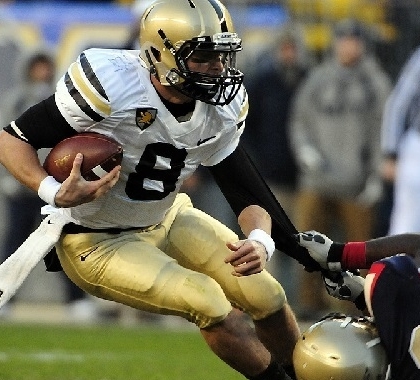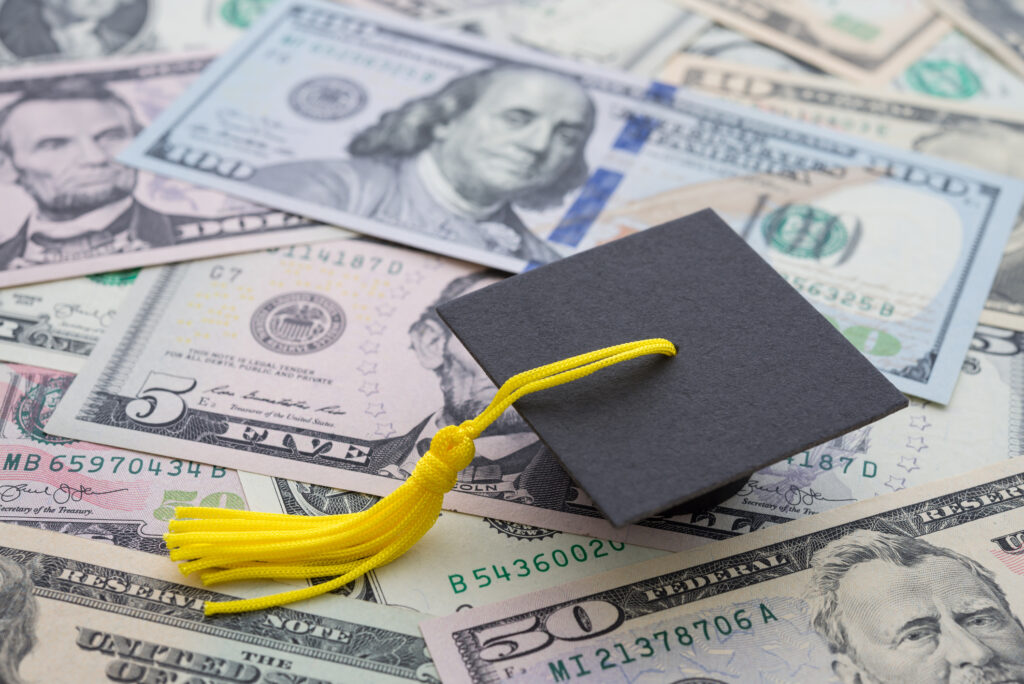College athletes will soon be able to benefit financially from endorsements and licensing of their images, under a new Californian law, a change in policy by the National Collegiate Athletics Association (NCAA), and bills under consideration in the Michigan state legislature.
Gov. Gavin Newsom of California signed a bill allowing college athletes to sign endorsement deals and hire agents. The new law is set to take effect in 2023 and would allow student athletes in public and private schools to promote products and companies for money. California became the first state to enact a law allowing student athletes to benefit from commercial deals.
Soon after, the Board of Governors of the National Collegiate Athletic Association (NCAA) voted unanimously to allow college athletes to profit from use of their name, image, and likeness beginning in 2021, on October 29.
Around the same time, ex-athletes in the Michigan Legislature proposed bills that would allow collegians to profit from their stardom in 2020. H.B. 5217, which would allow student athletes to receive compensation from businesses in exchange for using any form of their name, likeness, or image, was introduced by Michigan state Rep. Brandt Iden (R-Kalamazoo), who played tennis in college. H.B. 5218, which would allow agents to enter into contracts with student athletes, was introduced by Michigan state Rep. Joe Tate (D-Detroit), a former offensive lineman at Michigan State University and in the NFL.
‘Employees in Every Sense’
The NCAA opposes the new law in California and proposed legislation in other states, states a Q&A on the NCAA’s website.
“The action taken by California likely is unconstitutional, and the actions proposed by other states make clear the harmful impact of disparate sets of state laws,” the NCAA states. Any changes must be “consistent with the collegiate model” and ensure college athletes do not become employees of their school, the NCAA states.
College athletes work for their schools, and the NCAA represents their employers, says Robert Lawson, director of the O’Neil Center for Global Markets and Freedom at Southern Methodist University.
“We should decry employer cartels [like the NCAA] that rig markets against employees—athletes in football and basketball at the top schools are employees in every sense of that word—just as much as we decry business cartels that rig markets against consumers,” Lawson said.
“While I don’t really favor a government solution to break up the NCAA, I am happy to see California get out of the way so that market competition can develop to reduce the NCAA’s power,” Lawson said.
Unseen Revenue
College athletics generated total revenues of $10.3 billion in 2018, the NCAA states.
College athletes do not receive any of the billions of dollars of revenue they bring in for their schools, and their coaches and schools get the economic benefits of their talent, says Christopher Douglas, associate professor and chair of the Department of Economics at the University of Michigan-Flint.
“A star college quarterback himself might generate several million dollars in revenue for his school and for the NCAA,” Douglas said. “However, the quarterback —and other college athletes—see essentially none of this revenue. Instead, the revenue is captured by the schools, NCAA, and coaches.”
‘Impossible to Justify’
The large discrepancy between the players’ lack of compensation and the coaches’ million-dollar salaries, such as that received by the head coach of the University of Michigan Wolverines football team, is unacceptable, Douglas says.
“It is impossible to justify why a coach like Jim Harbaugh can be paid $7.5 million per year while the players are paid nothing,” Douglas said. “There is no other industry in the U.S. economy where this would be allowed.”
In any other industry, the pay gap would likely be met with a lawsuit, Douglas says.
“If firms in another industry colluded to pay their workers essentially nothing while the CEOs made millions, the federal government would instantly file an antitrust suit,” Douglas said. “But for some reason, this is allowed in the NCAA.
“There is no compelling reason for why college athletes should not be paid,” Douglas said. “College athletes generate millions of dollars in revenue for their schools and the NCAA in the form of ticket sales and television broadcasting revenues.”
Hayley Sledge ([email protected]) writes from Dayton, Ohio.
Internet Info
Chris Talgo and Emma Kaden, “To Pay or Not to Pay: The Big Business of Collegiate Sports,” The Heartland Institute, October 11, 2018: https://heartland.org/news-opinion/news/to-pay-or-not-to-pay-the-big-business-of-collegiate-sports




